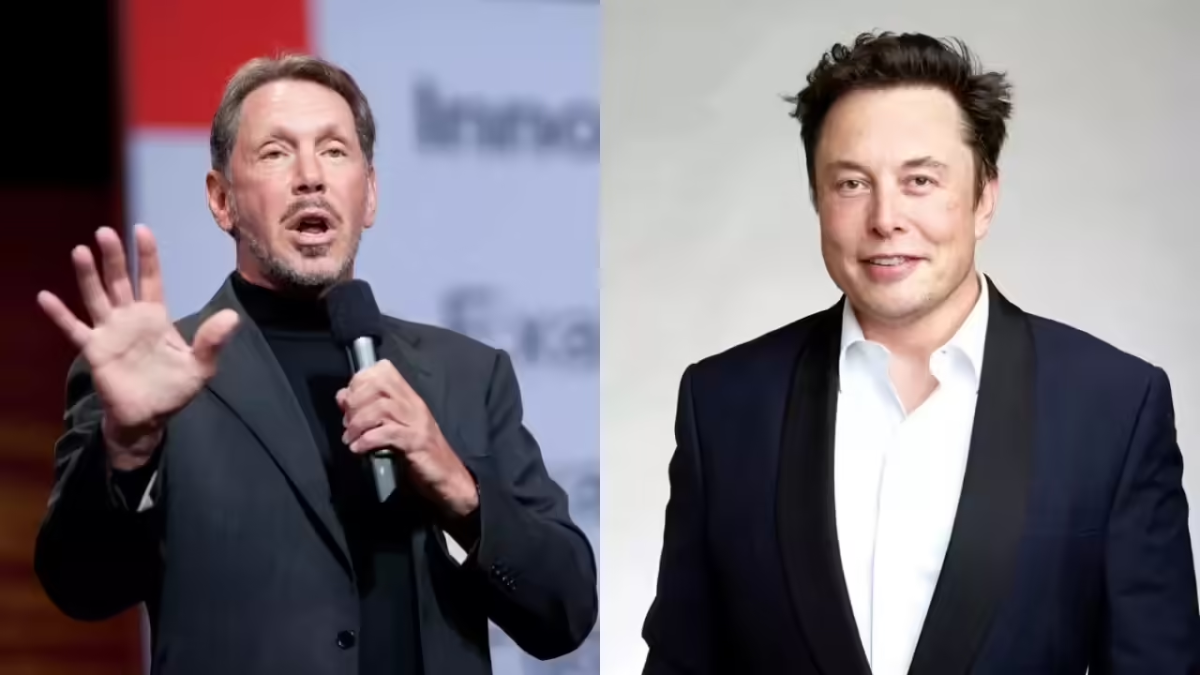
Summary – Elon Musk briefly lost his position as the world’s richest person to Oracle co-founder Larry Ellison, highlighting changing dynamics in the technology and business sectors.,
Article –
On a notable day in global finance, Elon Musk, CEO of Tesla and SpaceX, temporarily ceded his title as the world’s richest individual to Larry Ellison, co-founder and executive chairman of Oracle Corporation. This brief shift in wealth standings has attracted worldwide attention not merely for the personal fortunes involved but for the underlying signals it sends about the evolving landscape of technology, market valuations, and the global economy.
Background
The timeline of this event unfolded on a single day, with Musk’s net worth declining due to changes in Tesla’s stock price, while Ellison’s wealth rose amid gains in Oracle’s market capitalization. These fluctuations caused Ellison to surpass Musk for several hours before Musk reclaimed the top spot. This momentary exchange is emblematic of the volatility that characterizes the valuation of major tech companies and their leaders.
Key actors in this episode include:
- Elon Musk, whose business empire spans electric vehicles, space exploration, and social media.
- Larry Ellison, a pivotal figure in enterprise software and cloud computing.
Both leaders have shaped significant sectors within the global technology ecosystem. Their fortunes are closely linked to the performance and investor confidence in their respective industries.
The Global Impact
This temporary upheaval in the ranking of the world’s richest persons underscores broader geopolitical and economic contexts. The technology sector remains a prime driver of global markets, and shifts within this sphere often reflect wider trends such as:
- Regulatory changes
- Market sentiment
- Economic recovery post-pandemic
In addition, Ellison’s rise highlights the enduring strength of enterprise technology and cloud services, sectors that have seen steady growth as businesses accelerate digital transformation. Conversely, Musk’s diverse interests expose his net worth to a variety of market forces. Tesla’s stock is sensitive to production challenges, shifts in consumer demand for electric vehicles, and competitive pressures from government policy on sustainability.
Reactions from the World Stage
Internationally, this event has generated commentary from market analysts and economic experts who view it as a barometer for investor confidence in leading technology firms. While some emphasize the symbolic nature of wealth rankings, others interpret the swings as indicative of changing valuations and priorities within the global economy.
Governments and regulators are key external actors, as their policies on technology, taxation, and environmental standards influence the operating environment for both Musk’s and Ellison’s enterprises. For example:
- Increased scrutiny of social media platforms
- Environmental regulations impacting automotive manufacturing
These factors could indirectly affect Musk’s holdings.
What Comes Next?
Looking ahead, analysts anticipate continued volatility in tech giants’ valuations as market conditions evolve. The competition for technological leadership remains intense, with
- Innovation
- Strategic investments
shaping the fortunes of companies and their founders.
Moreover, this event draws attention to the influence of billionaires on global economic discourse, raising questions about wealth concentration and its implications for policy and society. The wealth shifts between Musk and Ellison serve as a reminder of the dynamic forces at play in the global economy.
Will this episodic change signal a longer-term trend toward diversified leadership in tech wealth, or is it merely a fleeting market fluctuation? The coming months will provide clearer insight.
Stay tuned to Questiqa World for more global perspectives and insights.

